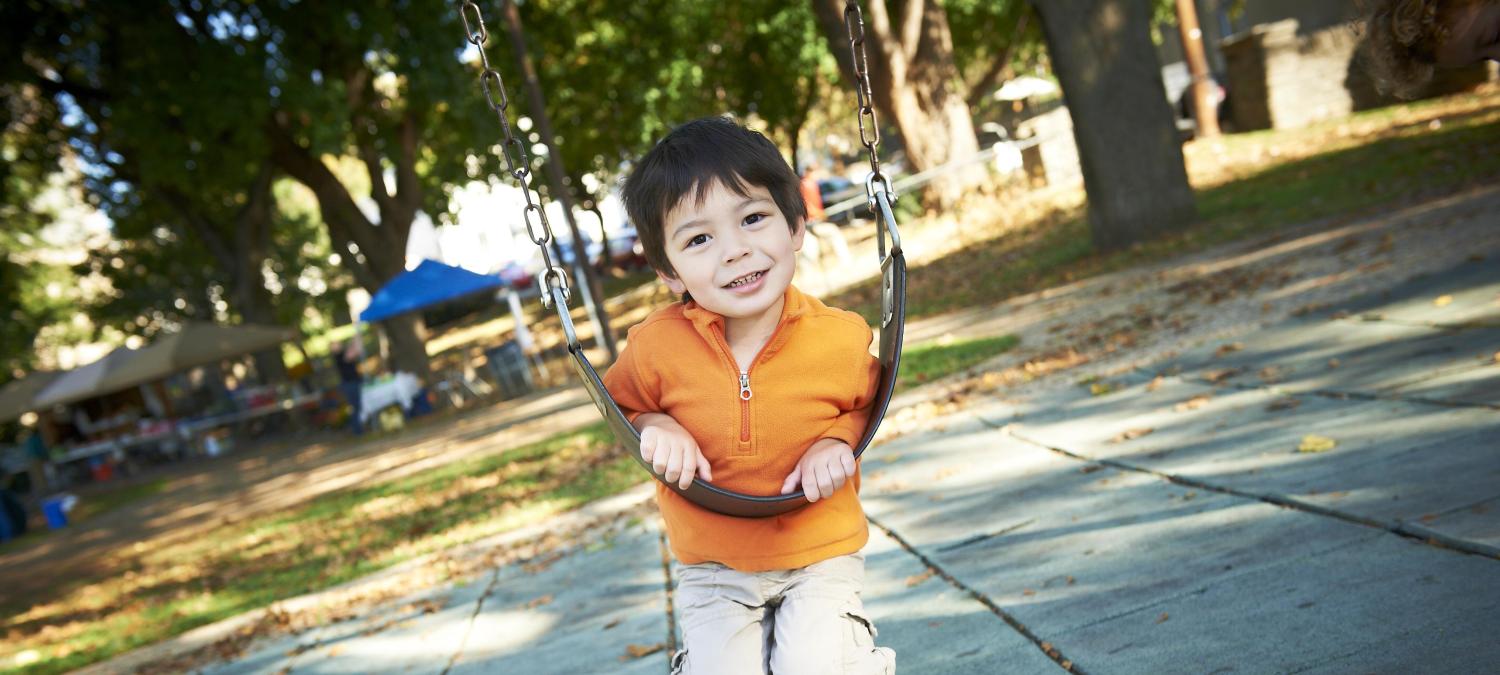

Publications
Search Tips
- Jan 2023
The Farmer's Market Nutrition Program (FMNP) provides fresh, locally grown fruits and vegetables (FV) to eligible participants in the Special Supplemental Nutrition Program for Women, Infants, and Children (WIC). However, redemption of FMNP benefits remains low. This qualitative study…
- Dec 2022
An increasing number of pediatric health systems are implementing social needs screening and referral programs. These programs aim to engage families during health care encounters; identify health-related social needs such as food insecurity, housing instability, and difficulty paying…
- Nov 2022
IMPORTANCE: The 2021 expanded Child Tax Credit provided advance monthly payments to many US families with children from July through December 2021 and was associated with a reduction in food insufficiency. Less is known about the effect of the discontinuation of monthly payments…
- Nov 2022
Food insecurity (FI), already common in the United States, was further exacerbated by the coronavirus disease 2019 (COVID-19) pandemic through individual and structural-level pathways. Childhood FI is associated with adverse health outcomes, including increased rates of hospitalization…
- Oct 2022
With rising rates of food insecurity (FI) during the pandemic, we implemented a clinic-based, community-supported agriculture program at 2 outpatient centers in low-income areas associated with an urban children's hospital and evaluated (1) the program's ability to reach FI families…
- Sep 2022
Nutrition-related chronic diseases like diabetes and cardiovascular disease are a major public health issue, and children in families with lower incomes are at the highest risk for developing them. Consuming sugary drinks is one modifiable health behavior associated with nutrition…
- Aug 2022
Food insecurity has myriad associations with poor health, and low-income communities have higher than average prevalence of food insecurity. Living in a supportive neighborhood social environment may protect against food insecurity, while adverse neighborhood social conditions, such as…
- Aug 2022
OBJECTIVE: To characterise perceptions of the Philadelphia Beverage Tax among low-income parents. DESIGN: We conducted semi-structured interviews and administered demographic questions via telephone. We based the interview guide and initial codebook on a conceptual model…
- Aug 2022
Pediatric obesity rates increased during the COVID-19 pandemic. This study examined associations of neighborhood greenspace with changes in pediatric obesity during the pandemic. Electronic health record data from a large pediatric primary care network were extracted to create a…
- Jul 2022
PolicyLab participated in the conceptualization and planning of numerous interviews with youth for the 2022 Southeastern PA Regional Community Health Needs Assessment. We plan to utilize the data within this report to help inform research and programs to address youth-identified health…